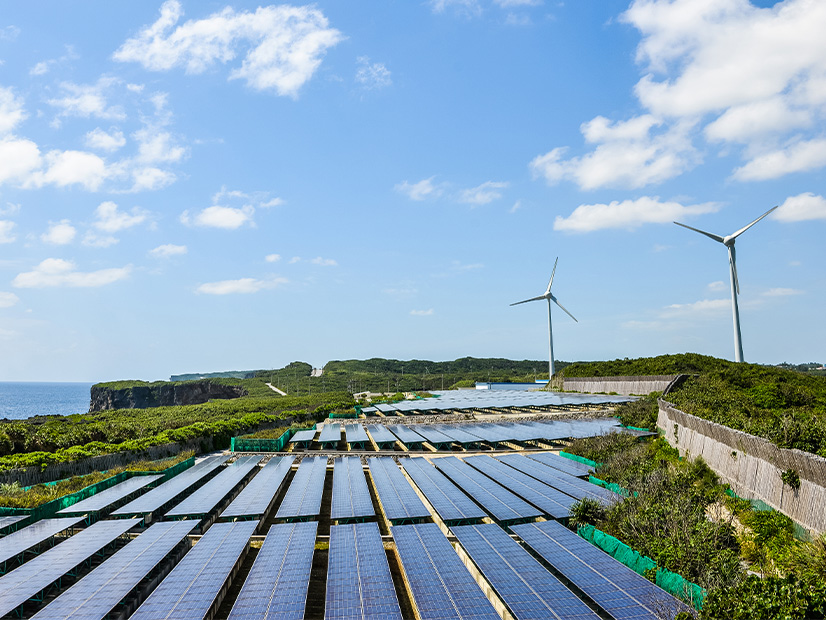FERC last week accepted ISO-NE’s proposed changes to its process for interconnecting distributed energy resources, finding them just and reasonable with some clarifications (ER22-2226).
Previously, some DERs had used the ISO-NE interconnection process, while others used state interconnection processes, a disconnect that the grid operator said “results in multiple coordination problems and inefficiencies that in some cases result in adverse outcomes for DER developers.”
ISO-NE proposed that all new DERs proceed through the applicable state processes to ease the uncertainty. (See ISO-NE Sends New DER Interconnection Proposal to FERC.)
In an order on Friday, FERC agreed that the change makes sense.
“We find that ISO-NE’s proposal to exclude DERs from its interconnection procedures is just and reasonable because it would promote certainty in ISO-NE’s interconnection process and reduce a significant burden on ISO-NE,” the commission wrote.
FERC also clarified that “the commission’s jurisdiction over wholesale sales from DERs and their participation in the wholesale markets are not impacted by the change.”
The Solar Energy Industries Association, Advanced Energy Economy and ENGIE North America had all backed the changes, saying they would help resolve unique concerns in New England because of the growth of DERs in the region.
After FERC’s approval, the tariff changes went into effect Sunday.
ISO-NE’s proposal concerned individual DERs; as such, it is separate from its compliance with FERC Order 2222, which deals with DER aggregations. In concluding its order, the commission noted that, as it had in Order 2222, it “may revisit this independent entity variation in the future should [it] discover abuses of the distribution interconnection process or the rise of unnecessary barriers to the participation of distributed energy resources in RTO/ISO markets.”



